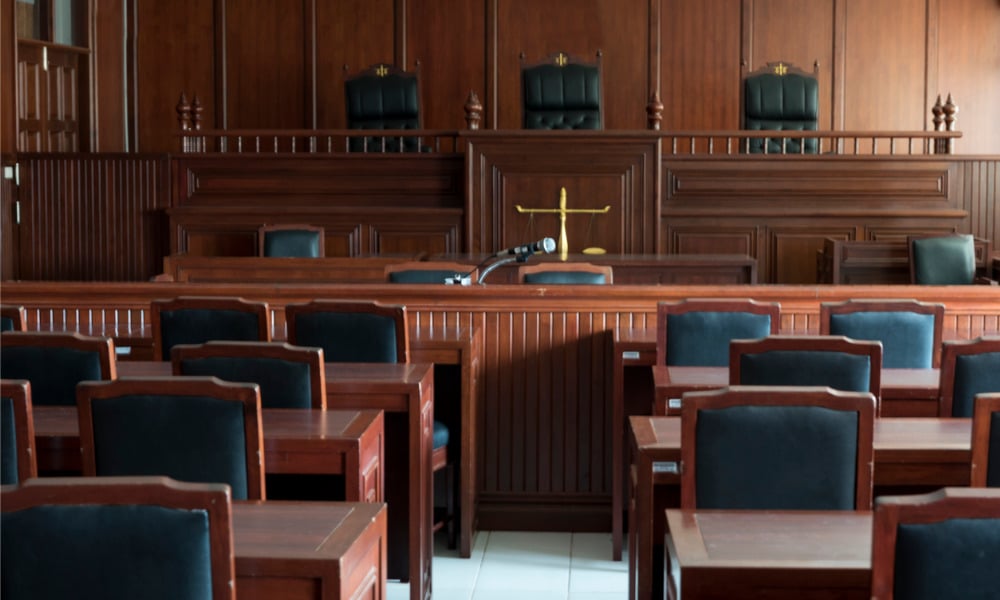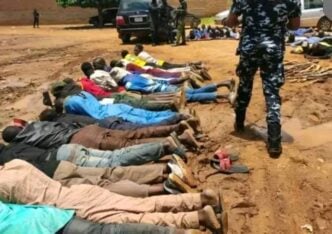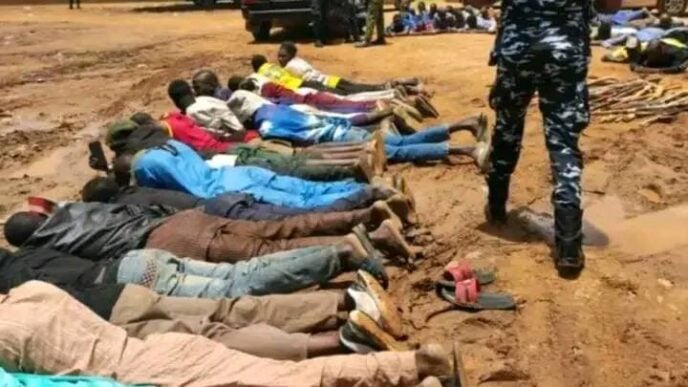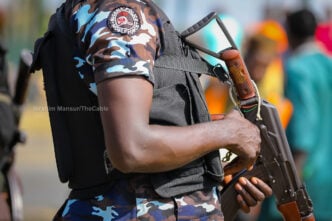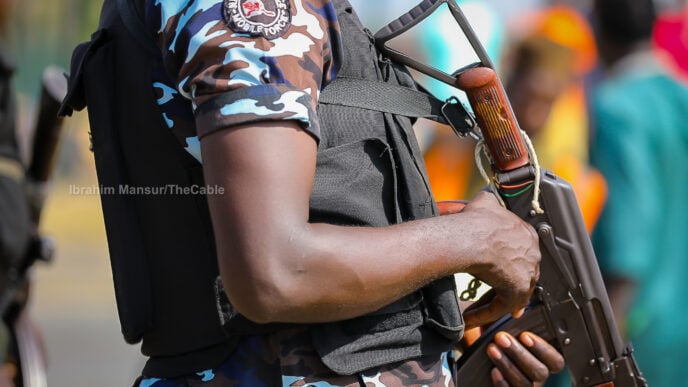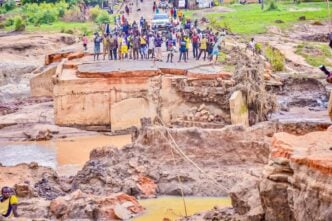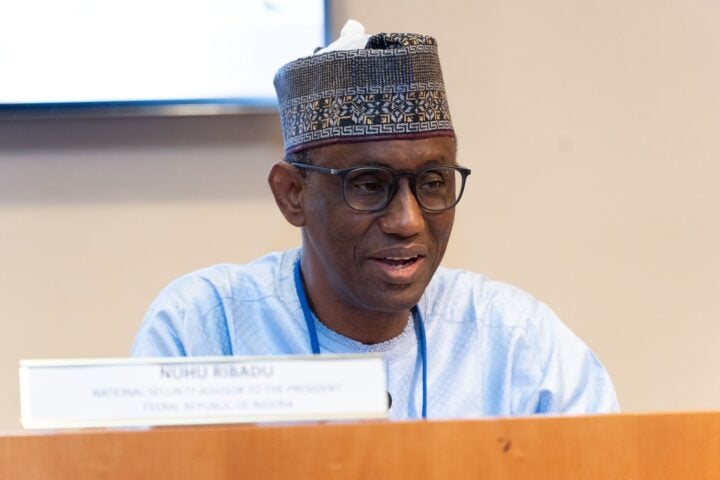A Canadian courtroom
In January 2025, a Canadian federal court in Ottawa rejected the refugee protection application of Ali Almerean Altayeb, a Sudanese citizen, over the “subversion” activities of the National Congress Party (NCP).
NCP is a political party in Sudan and according to court documents, Altayeb was a member of the party from 2014 to 2018, and even represented the party in the Sudanese parliament.
In September 2019, Altayeb arrived in Canada and filed for refugee protection application “alleging his fear of the then-ruling government in Sudan”.
In September 2023, the immigration division (ID), a tribunal in Canada that handles immigration and refugee matters, concluded that the Sudanese citizen was “inadmissible to Canada and issued a deportation order against him”.
Advertisement
The Canadian immigration division had argued that the Sudanese citizen was a member of NCP, a political party that “engaged in acts of subversion against democratic government”, contrary to section 34 of the Immigration and Refugee Protection Act.
The Canadian immigration division had averred that NCP was involved in the arbitrary arrests and insecurity that marred in 2015 national elections in Sudan.
“However, the ID found that Mr. Almerean was not inadmissible for being a member of an organization that there are reasonable grounds to believe engages or has engaged in or instigates or has instigated the subversion by force of any government within the meaning of paragraphs 34(1)(b) and 34(1)(f) of the Act,” the immigration division had argued.
Advertisement
Dissatisfied with the decision of the immigration division, the Sudanese citizen approached the court for judicial review.
The Sudanese citizen held that the immigration division erred by ruling him inadmissible into Canada without considering that he was not personally involved in any act of subversion of democratic processes.
THE VERDICT
In a judgment delivered on January 24, 2025, Martine St-Louis, the presiding judge, ruled that the degree of involvement of Altayeb in the “subversion” activities of the NCP in Sudan is “irrelevant” since the Sudanese politician is a member of the party.
Advertisement
The presiding judge dismissed the arguments of the Sudanese politician that his intention of joining the party was to help his community and that there was no evidence of political violence in his constituency.
St-Louis agreed with the decision of the immigration division that Altayeb’s membership of NCP is sufficient to trigger the application of section 34(1)(f) of the Immigration and Refugee Protection Act.
“Mr. Almerean has not persuaded the Court that the ID failed to consider the criteria established by the case law when it found that he was inadmissible under paragraphs 34(1)(b.1) and 34(1)(f) of the Act,” the judge ruled.
“The ID used the appropriate analytical framework and, in view of the evidence on the record, it reasonably concluded that the Minister had met his burden of establishing that there were reasonable grounds to believe that Mr. Almerean was a member of the NCP and that organization had engaged in subversion against a democratic government, institution or process, namely the national elections in Sudan in 2010 and 2015.
Advertisement
“The ID therefore reasonably concluded that Mr. Almerean was inadmissible. This application for judicial review is therefore dismissed.”
Section 34 of the Immigration and Refugee Protection Act states that:
Advertisement
“34 (1) A permanent resident or a foreign national is inadmissible on security grounds for
“(a) engaging in an act of espionage that is against Canada or that is contrary to Canada’s interests;
Advertisement
“(b) engaging in or instigating the subversion by force of any government;
“(b.1) engaging in an act of subversion against a democratic government, institution or process as they are understood in Canada;
Advertisement
“(c) engaging in terrorism;
“(d) being a danger to the security of Canada;
“(e) engaging in acts of violence that would or might endanger the lives or safety of persons in Canada; or
“(f) being a member of an organization that there are reasonable grounds to believe engages, has engaged or will engage in acts referred to in paragraph (a), (b), (b.1) or (c).”
The case is similar to the recent judgment of a Canadian court that rejected the refugee protection application of a Nigerian politician over the “subversion acts” of the Peoples Democratic Party.
